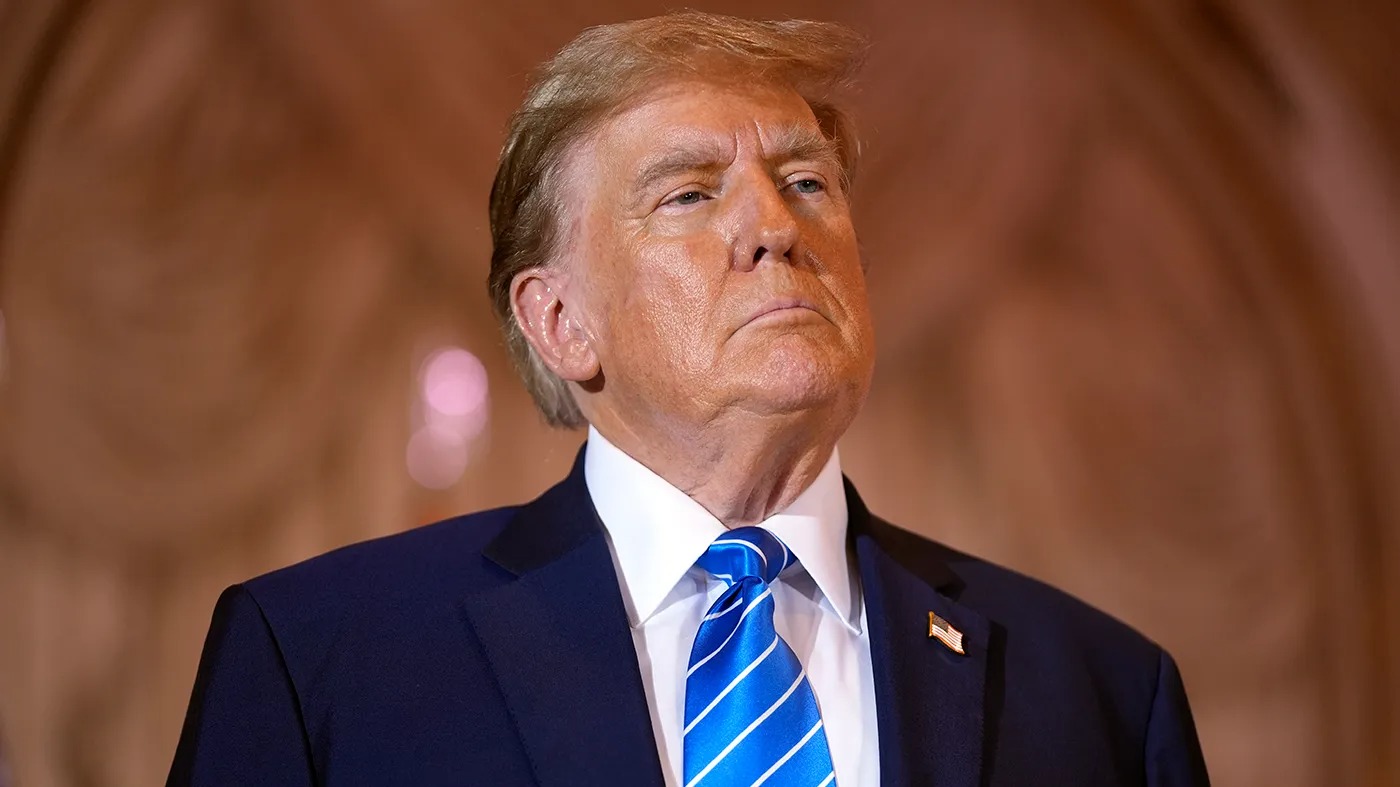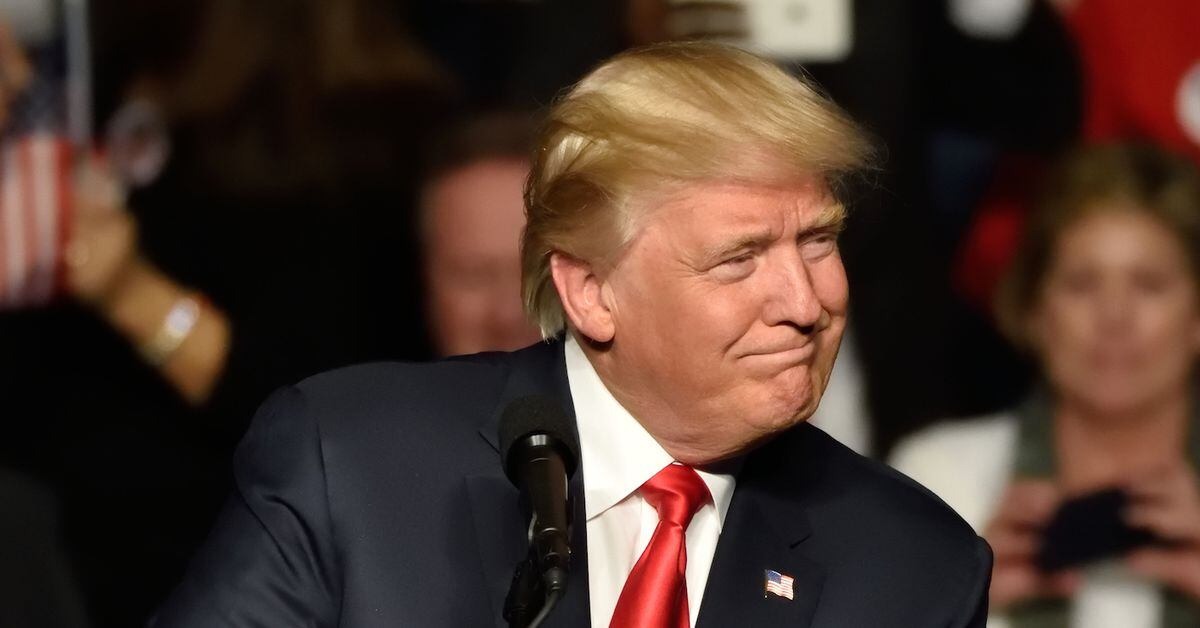Donald Trump, in conversations with advisers, is considering proposing a middle-class tax cut if he wins the upcoming presidential election.
Among the strategies being discussed is a reduction in the federal payroll tax, a move that could impact the funding of essential programs like Social Security and Medicare. Such a proposal is likely to draw criticism from Democrats who may view it as jeopardizing the financial security of elderly Americans.
In 2020, during the COVID-19 pandemic, Trump’s economic team had initially proposed slashing the payroll tax as a stimulus measure, although they eventually implemented only a temporary deferral of payroll tax payments.

Now, with the economy in a stronger position than during the pandemic, Trump’s advisers are revisiting the idea of a payroll tax cut, signaling a continued interest in tax reductions as a means to stimulate economic activity.
Additional ideas under consideration include increasing the standard deduction on tax returns and reducing the marginal income tax rate for middle-income households. These discussions are still in the preliminary stages and not all proposals have been formally presented to Trump.
Trump’s Campaign Emphasizes Dedication to Additional Tax Reductions
The scope of any potential tax reform would heavily depend on the composition of Congress, as outstanding changes to tax policy require legislative approval. However, some adjustments might be possible through executive actions.
Key figures in these discussions include conservative economist Stephen Moore and former National Economic Council director Larry Kudlow, both of whom have the former president’s ear and influence on his economic policies.
Trump’s campaign has underscored his commitment to further tax cuts and economic initiatives to boost growth, despite concerns from some economists about the potential risks of fuelling inflation and increasing the national debt, which exceeds $34 trillion.
The International Monetary Fund recently upgraded its growth forecast for the U.S. economy, and job growth in March exceeded expectations, suggesting robust economic health.
However, not all experts agree that further economic stimulus is needed at this time. Critics, including Andrew Lautz from the Bipartisan Policy Center, argue that with low unemployment and strong growth, additional stimulus measures could exacerbate inflation rather than alleviate it.

Lautz also highlighted the challenges of designing tax cuts that specifically benefit middle-income earners without unintended consequences.
Trump plans to extend the Tax Cuts and Jobs Act (TCJA) from 2017 if he returns to office. This act, which reduced corporate and individual tax rates and increased family tax credits, is set to expire in 2025.
President Biden has proposed extending certain elements of the TCJA but also suggested new tax measures targeting the wealthiest Americans.
The discussions around tax policy reflect Trump’s broader economic strategy and indicate that tax reform will be a central theme in his campaign, promising serious implications for both the U.S. economy and the upcoming presidential election.


